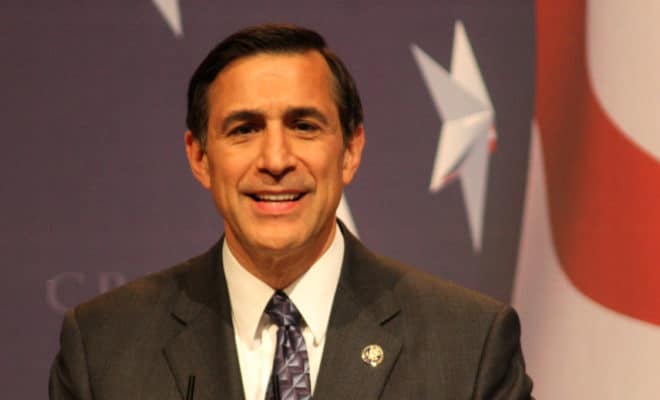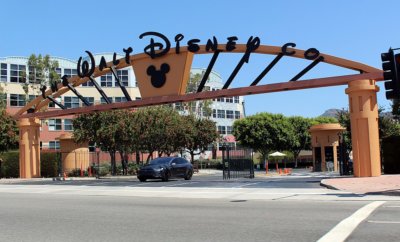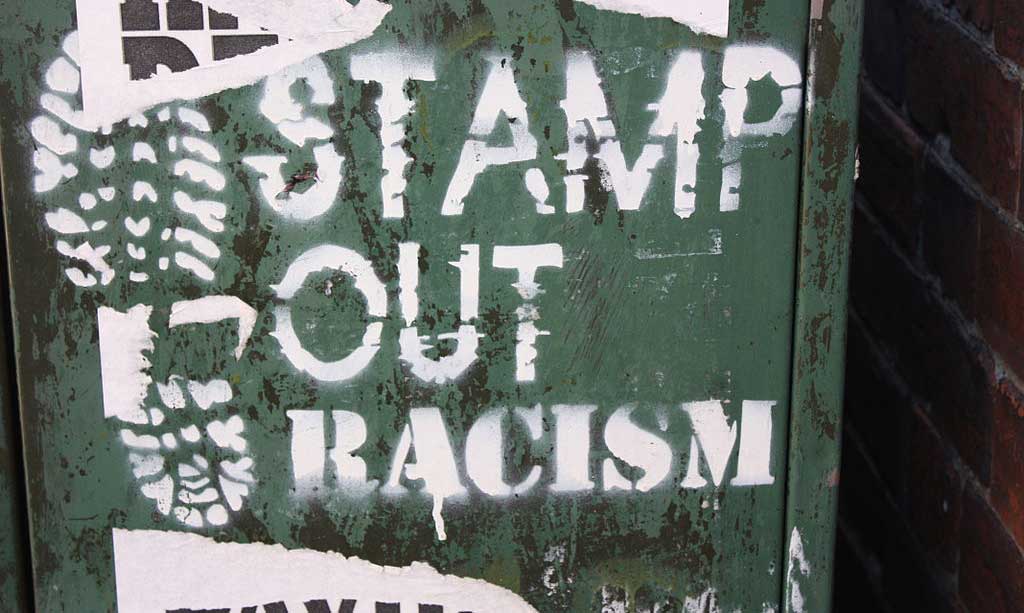Business
U.S. Committee Votes For Restrictions on Companies Using H-1B Visa Program

Darrell Issa
Flickr
The new bill introduces multiple restrictions to the high-skilled visa program.
The United States House of Representatives Judiciary Committee on Nov. 15 approved the bipartisan legislation to increase the base wage of H-1B visa workers and other conditions in the Protect and Grow American Jobs Act (H.R. 170). The move is believed to be damaging for Indian workers and software companies.
According to the new legislation, the minimum salary of an H1-B visa holder must be $90,000. The committee approved the bipartisan legislation by voice vote. The legislation will now be taken to the Senate for approval. It was introduced by Courts, Intellectual Property, and the Internet Subcommittee Chairman Darrell Issa (R-Calif.). It is in line with U.S. President Donald Trump’s stand to protect American citizens’ jobs from immigrants who would do the same work at a lower salary.
“Unfortunately, the loopholes left open in H-1B have allowed a small handful of companies to game the system and crowd out employers who need the limited slots available to bring in the best and brightest individuals from around the world,” Issa said in a statement released by the committee. “The Protect and Grow American Jobs Act is a common-sense update that will go a long way to protecting American workers while helping companies have better access to the talent they need to grow their businesses and create new jobs here in America.”
The companies that are likely to be hit by the decision are Indian fintech firms like Infosys, Wipro, HCL Technologies, Tech Mahindra and Tata Consultancy Services. They are said to hire young Indian workers who live in the United States for three years, replacing American software engineers, for lower wages.
According to the U.S. Citizenship and Immigration Services, about 70 per cent of the H-1B visas issued annually go to Indians. However, Indian Information Technology Secretary Aruna Sundarajan said in May this year that only 17 per cent of the 85,000 H-1B visas go to Indian companies.
“Our immigration programs must put American workers and our nation’s interests first, and unfortunately that is not the case currently with the H-1B visa program,” Bob Goodlatte, the Chairman of the judiciary committee, said.
Apart from the hike in the wage, the bill would also prohibit H-1B dependent employers from replacing American workers with H-1B employees. A company is considered H-1B dependent if at least 15 per cent of its employees hold this visa.
However, companies like Facebook, Apple and Google, which hire a small number of employees through the visa program, are not doing so for cheap talent. The salaries given to Indian counterparts are far above the base wage required for the H-1B visa.
“In Silicon Valley, being an immigrant doesn’t matter. It’s the ideas that matter. We are able to build products for everyone because we attract talent from around the world,” Google CEO Sundar Pichai, who had also emigrated from India to the United States, said in February.




You must be logged in to post a comment Login